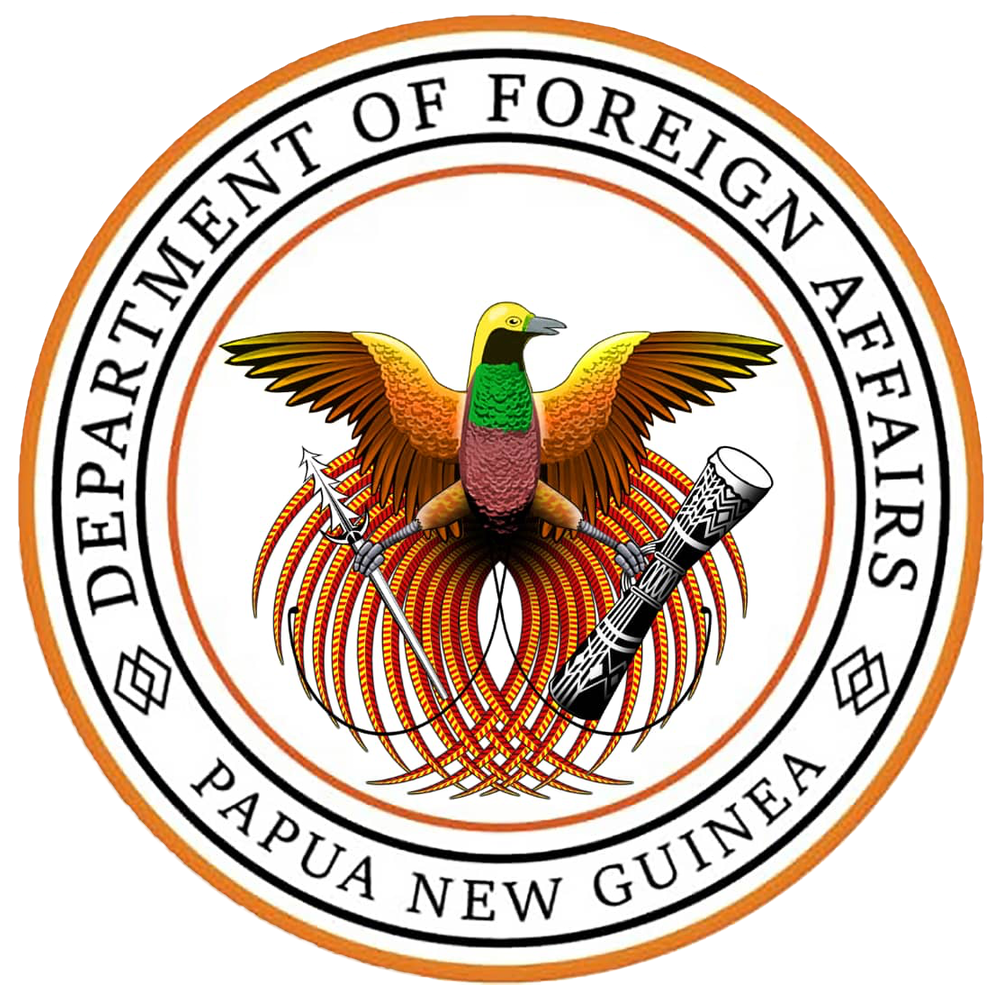About PNG,
Legal System
Papua New Guinea's judicial system has at its base a network of district courts presided over by magistrates. The higher-level National Court has the power of judicial review over the lower courts and handles serious civil and criminal matters. The Supreme Court is the final court of appeal, and it also reviews the decisions of the National Court and issues rulings on the constitutionality of laws. The Ombudsman Commission is a significant constitutional body with a major role in monitoring the ethical behaviour of national leaders under the Leadership Code—a set of ethical guidelines and responsibilities for state officers that is established in the constitution—as well as monitoring public administration. The courts have dealt increasingly with political disputes over elections, constitutional and parliamentary matters, and Leadership Code cases. Below the formal court system but not integrated into it is a network of more than 1,000 village courts run by part-time local community appointees; these use customary law, mostly in dispute resolution aimed at preventing the escalation of local conflicts. Village court magistrates, almost all male, are assisted by local peace officers. Each province has a system of correctional institutions.
